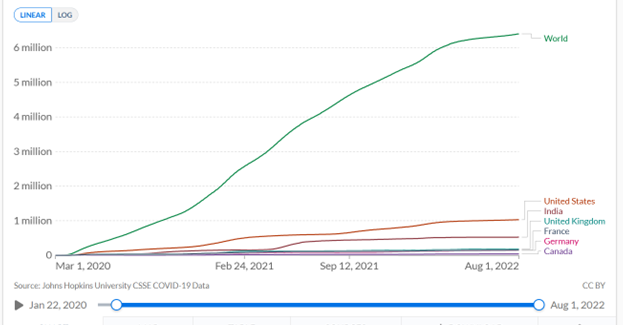Let us begin with a little quiz. I recently found the following text on disastrous conditions in German intensive care units in a scientific journal. A survey among nurses is reported there, and the authors write:
Intensive care – care of the population in jeopardy
“When asked about a general dissatisfaction in the profession, 68 percent [of the intensive care nurses surveyed]responded with a “yes”. A worsening of working conditions in recent years was felt by 97 percent of the respondents.” 97% say that the workload has increased significantly, and working conditions have worsened considerably. 37% want to leave the profession, 34% want to reduce working hours. “The reasons for the poor working conditions mentioned by intensive care nurses are clear. They include the high workload, low esteem especially by hospital owners, poor care and staffing ratios, and mediocre pay.”
Prize question: what year is this text from?
It is from 2019 and refers to a survey from before [1]. Even then, on March 8, 2019, intensive care physician Karagianidis sounded the alarm and wrote that the care of the population was in jeopardy. And this is not because we have too little capacity, but because we treat our medical staff too poorly. In the same paper, Karagianidis and colleagues note: Germany has by far the highest intensive care bed capacity in Europe. The problems are structural, nurses are paid too little. The hospitals, especially the private ones, want (and need) to make profits and do so by cutting personnel costs. Employers give nurses too little appreciation in the form of adequate pay, flexible services, sufficient time, etc. It is worth looking at the graphs of the statistics in the original paper. They tell you everything you need to know.
Read more





